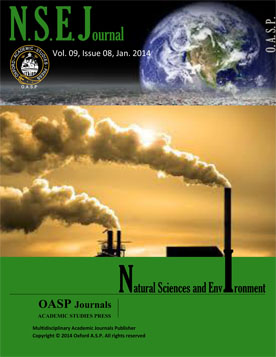Download Center
 |
Long-term variation in the demersal fish communities of selected Eastern Cape Estuaries Natural Sciences & Environment Journal (NSEJ), Volume 2, Aug 2017 Abstract
Estuarine research in South Africa has generally been ?graduation driven? in that short datasets (<3 years) are mostly collected to answer highly defined questions normally for degree purposes. The SAEON Elwandle node aims to implement a long-term study examining the demersal fish communities of three estuaries with differing freshwater input (Kariega Estuary ? marine dominated, Great Fish Estuary ? freshwater dominated and Sundays Estuary ? intermediate freshwater input). The long-term nature of the study should allow for temporal variation on both the annual and seasonal scales to be investigated and the role that freshwater plays within these systems to be further established. As the selected systems have vastly different turbidity levels, gear avoidance may be an issue in clear water systems such as the Kariega. A pilot study has been initiated where comparative otter trawling for demersal fish was undertaken during the day and night at 15 sites in the Kariega Estuary over a period of three consecutive days in Spring 2007. A total of 1961 fishes representing 28 species from 15 families were recorded. Catches were dominated by Glossogobius callidus, Rhabdosargus holubi, Solea turbynei, Caffrogobius gilchristi and Heteromycteris capensis. Glossogobius callidus, S. turbynei and C. gilchristi were recorded in significantly higher numbers at night than during the day (p < 0.05). In contrast only one species, R. holubi, was caught in significantly higher numbers during the day (p < 0.05). The total number of species and individuals sampled was also significantly higher at night (p < 0.05). Initial results indicate that sampling would be more suitable at night but further investigation in the turbid Great Fish Estuary is required. Author(s): Sean E. Bailey, Angus W. Paterson |
| Choose an option to locate/access this article/journal | ||
|
Editorial
The process of peer review involves an exchange between a journal editor and a team of reviewers, also known as referees. A simple schematic of OASP's Peer-Review process has been shown in this section.
